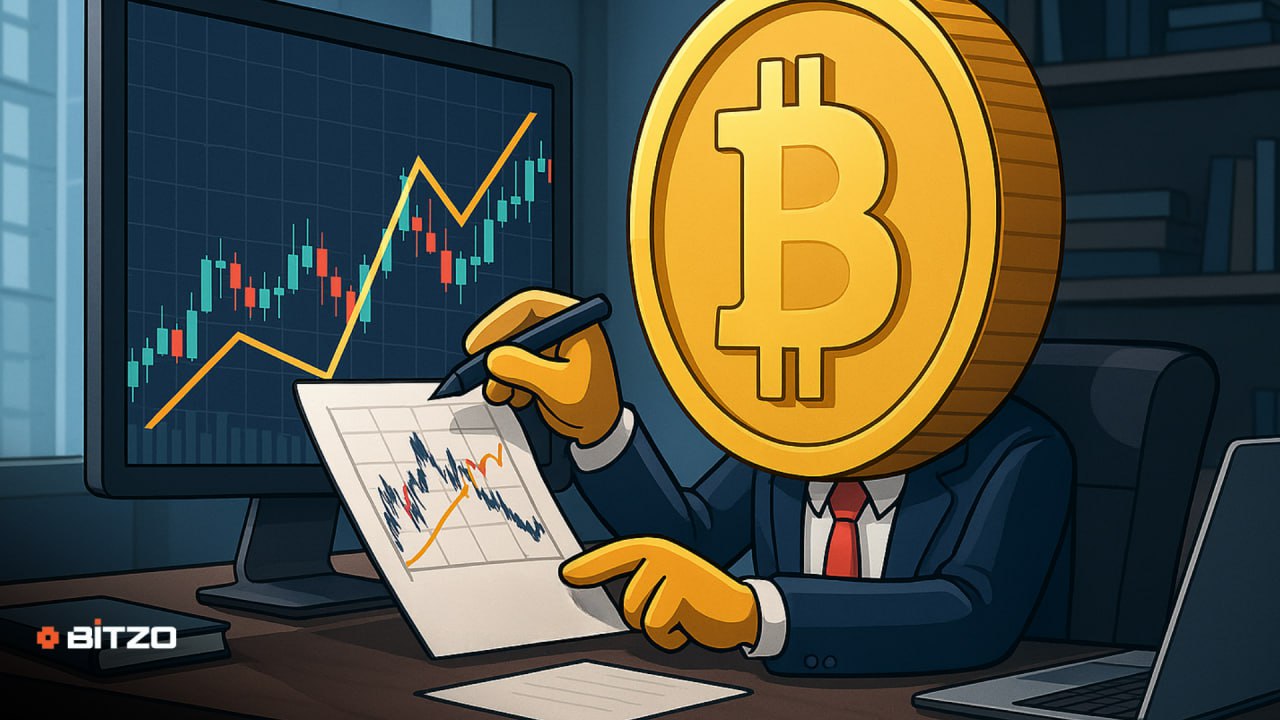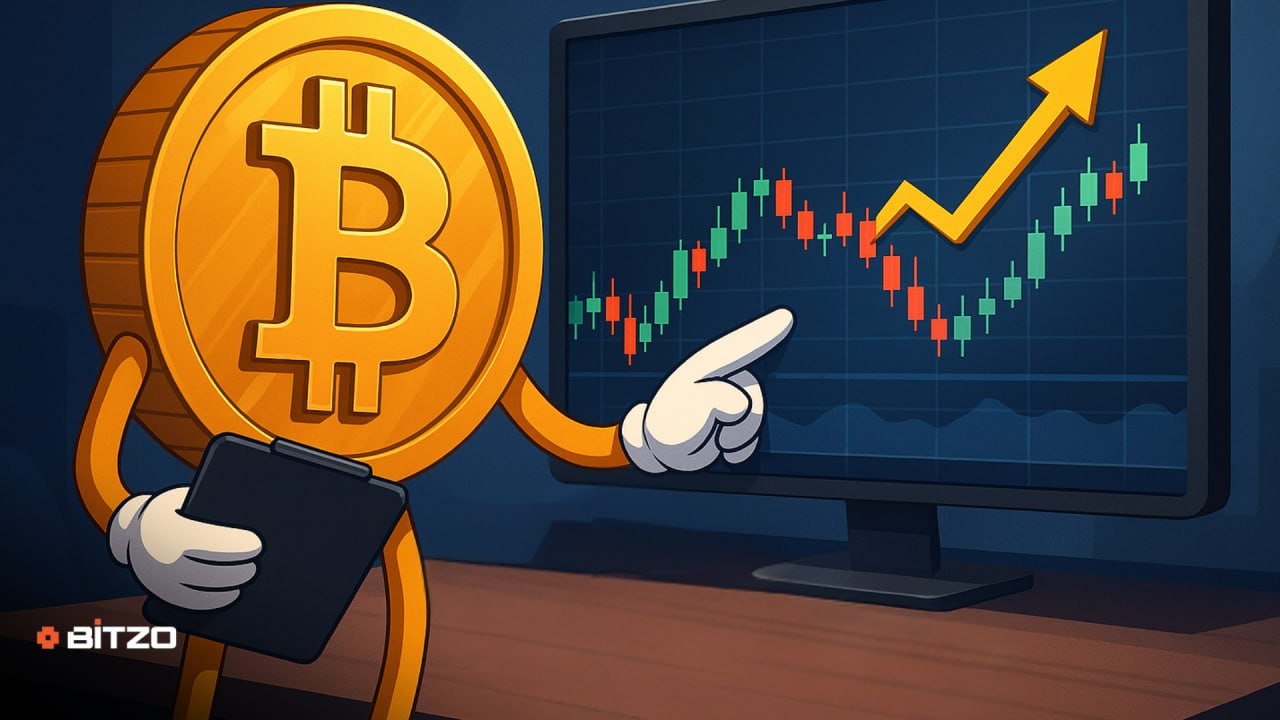Unraveling the Complexities of Money: Its Roles and Evolution
Brief Overview - Money
Money functions as a universally recognized medium of exchange used in transactions involving goods and services. It acts as a unit for measuring value, a method for storing wealth, and a basis for delayed payment agreements. Its forms are diverse, from tangible cash to digital formats, including modern cryptocurrencies. By enabling trade and economic activity, money holds a pivotal role in economic systems.
Key Roles of Money in the Economy
Within an economy, money fulfills several critical roles:
- Exchange Medium: Money provides a widely accepted means to exchange goods and services, eliminating the complexities of barter systems.
- Measure of Value: With money, comparing and calculating the worth of goods and services becomes straightforward due to its uniform unit of account.
- Value Preservation: Money can be accumulated and saved for future use, preserving its value over time, which facilitates wealth building.
- Facilitator of Credit: As a standard for deferred payment, money allows individuals to purchase goods on credit and repay debts later.
Diverse Forms of Money
The nature of money can be physical, digital, or something in between:
- Tangible Currency: This form includes coins and paper money produced by governmental bodies or central banks. It is physical and universally accepted for transactions.
- Electronic Currency: Existing only in digital format, these currencies are used online and often regulated by centralized authorities.
- Blockchain-based Currencies: These are digital currencies secured through cryptography. Operating on decentralized platforms like blockchain, they offer privacy and lack central control.
- Intrinsic Value Money: This type includes items such as gold or silver that have inherent worth. Historically, items like shells or salt have also been used as forms of money.
- Legal Tender: Not backed by physical commodities, fiat money gains value through government decree and public trust, and is accepted as legal tender.
Attributes of Effective Money
Certain traits make money suitable for exchange and safeguarding value:
- Durability: Money must endure physical handling and remain intact over time.
- Ease of Transport: It needs to be easily transportable, facilitating straightforward transactions.
- Splittability: Money should be easily divisible into smaller units to suit transactions of various sizes.
- Interchangeability: Each monetary unit should be exchangeable with another, maintaining consistency and usability.
- Limited Availability: Controlled supply helps maintain money's value and prevents excessive inflation.
Transformation of Money Through History
As societies evolved, so too did the concept and form of money:
- Direct Trade: Initially, people directly exchanged goods and services in a barter system without using money.
- Material-based Money: With societal advancements, valuable commodities like gold or silver started being used for transactions.
- Symbolic Money: Paper money symbolized claims on commodities such as gold held by a central authority.
- Government-issued Currency: Replacing representative money, fiat currency's worth is based on governmental regulations rather than physical commodities.
- Digital Transactions: The surge of the internet facilitated the creation of digital money, which supports online purchases and fund transfers.
- Decentralized Digital Currency: Cryptocurrencies emerged, offering a secure and decentralized alternative to traditional digital money, with improved transparency and privacy.
Final Thoughts
Money is an essential economic element, functioning as a medium of exchange, a measure of value, a store of wealth, and a standard for future payments. It includes various types such as physical currency, electronic money, and cryptocurrencies. Over time, money has adapted to societal needs and technological progress. A thorough grasp of money's roles, forms, and attributes is crucial for understanding its economic significance.









